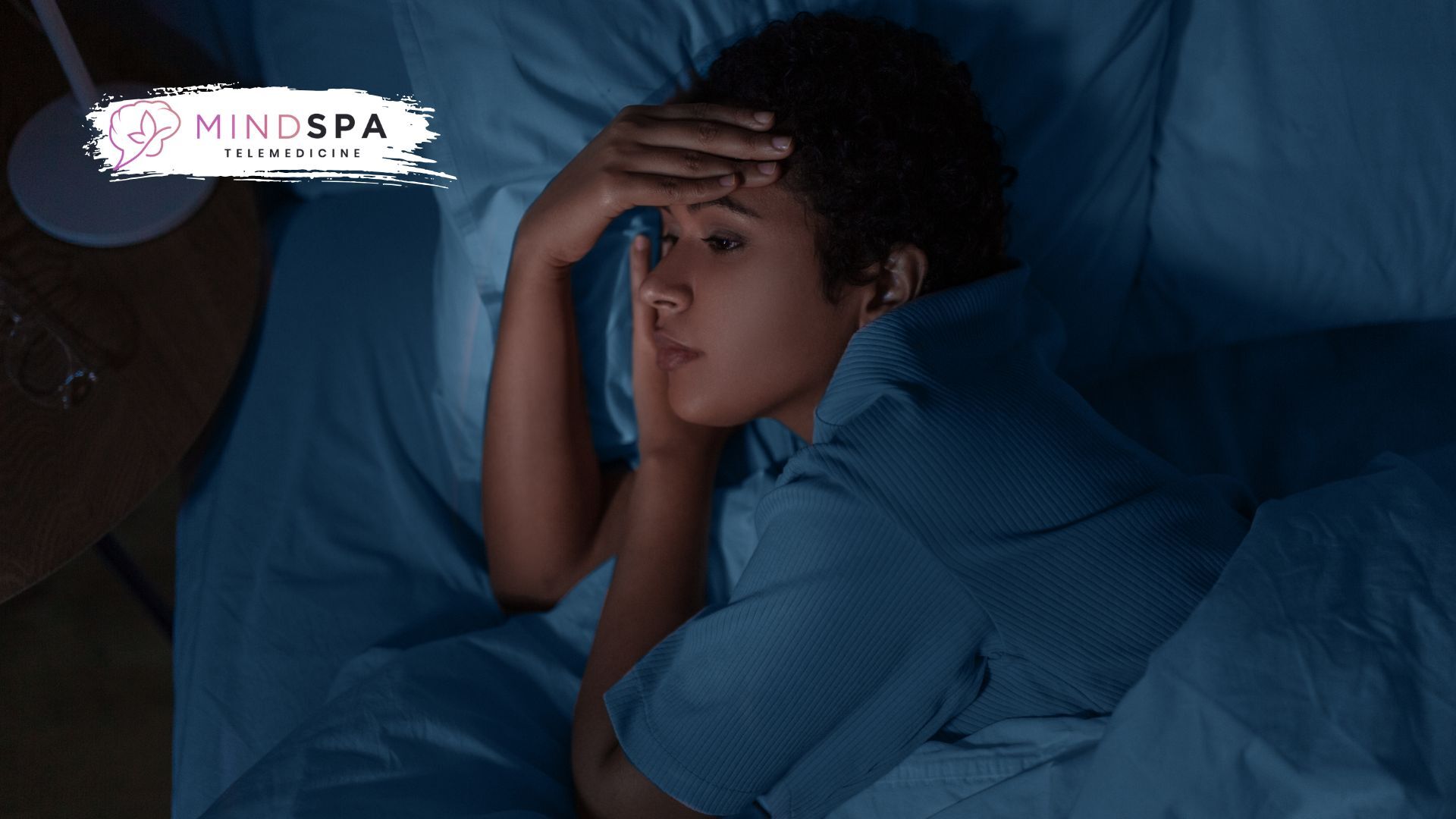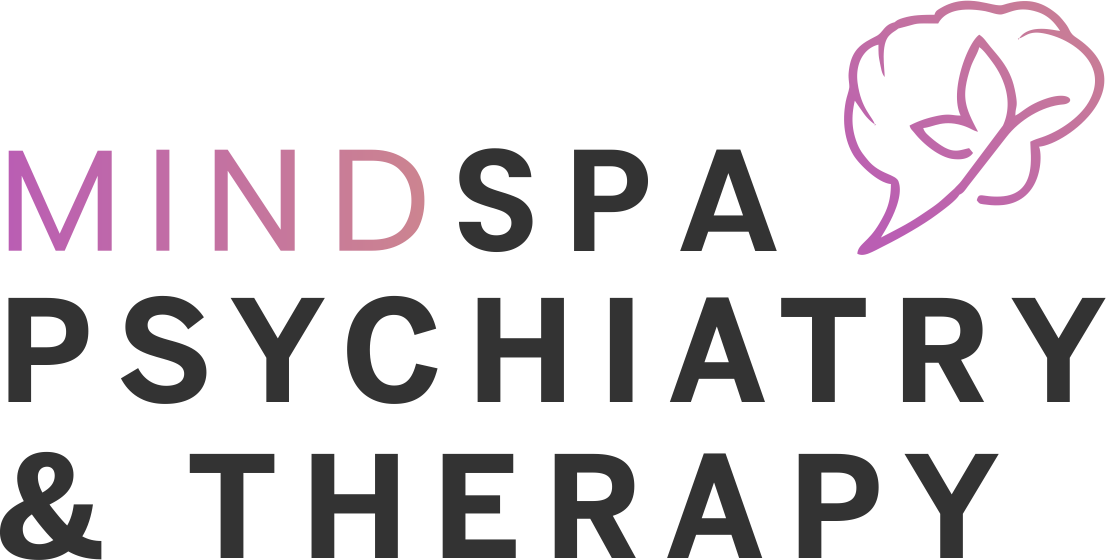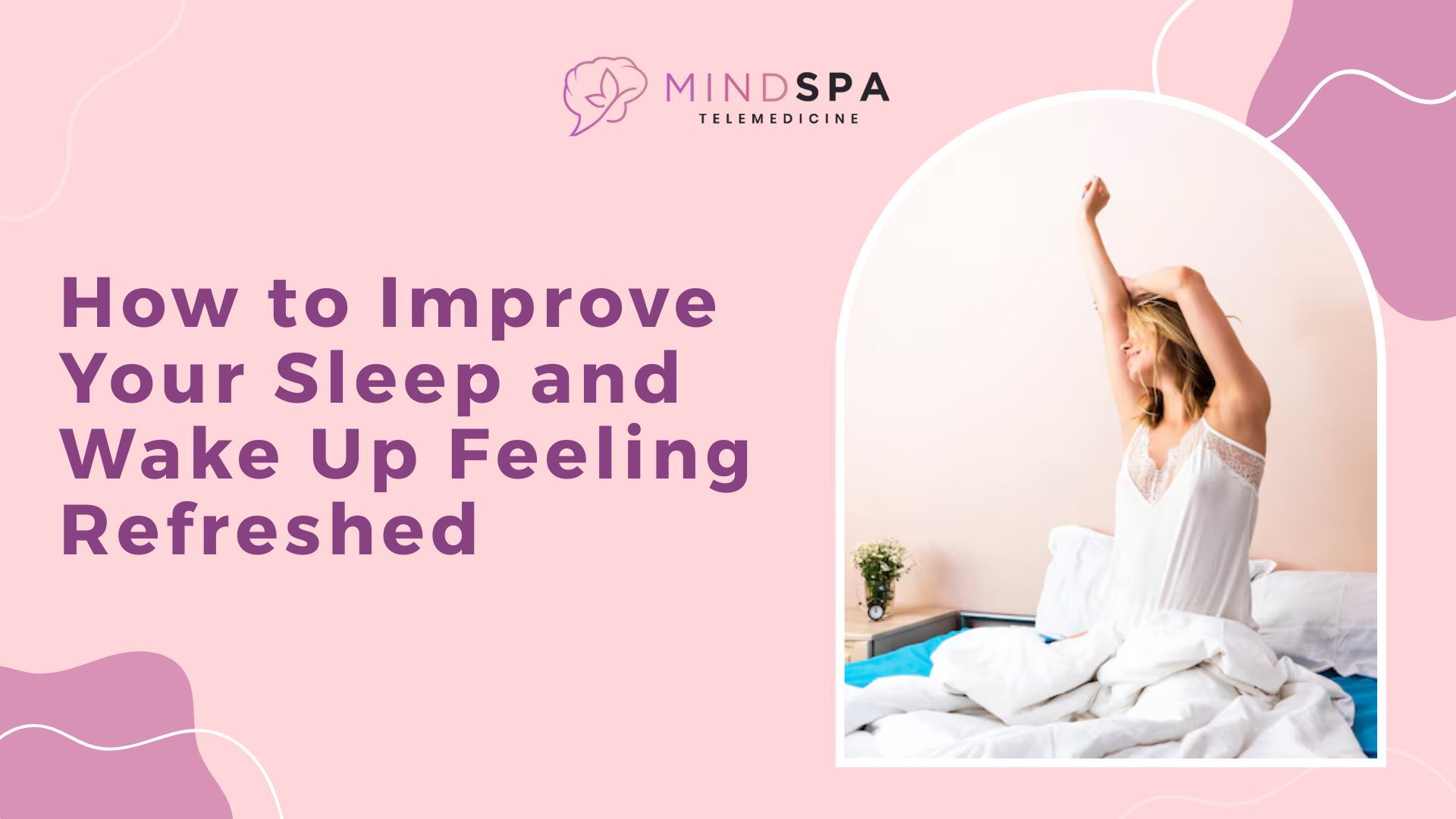Waking up tired even after a full night of sleep? You’re not alone. Millions of people struggle with the same issue – feeling groggy, unfocused, and fatigued despite spending enough hours in bed. So what’s going wrong?
The truth is, it’s not just about how long you sleep but how well you sleep. Getting a full eight hours won’t do much for you if your sleep is fragmented, shallow, or restless. To wake up truly refreshed, your brain and body need to go through specific stages of sleep uninterrupted. And for that, you need a healthier relationship with rest.
What’s Really Happening While You Sleep?
Sleep happens in cycles. Each night, your body moves through light sleep, deep sleep, and REM (rapid eye movement) sleep. Each stage serves a different purpose: memory consolidation, physical repair, emotional processing, and hormonal balance. If your body doesn’t move smoothly through these stages—or gets yanked out of them—you miss the restorative benefits of sleep.
Deep sleep is when your muscles relax, your cells repair themselves, and your immune system resets. REM sleep is when your brain processes emotions and locks in memories. If you’re waking up multiple times at night, these cycles can’t be completed. That’s why you might wake up exhausted, no matter how long you stayed in bed.
Why Are So Many of Us Sleeping Poorly?
Our modern habits are one of the biggest culprits. Constant screen time, late-night scrolling, irregular sleep hours, caffeine after 3 p.m., and overthinking all interfere with how well we sleep. Even when we do fall asleep, we may not reach the deeper stages because our minds are overstimulated.
Stress is also a huge factor. The continuous mental replay of daily occurrences combined with future-related anxiety, causes your nervous system to remain in a state of high alert. Raised cortisol levels prevent your body from achieving proper rest.
Your sleep quality is negatively affected by regular bedtime food consumption, evening alcohol consumption, and excessive room lighting.

Signs You’re Not Getting Good Sleep
Sometimes, it’s hard to tell if your sleep quality is poor. But here are a few signs to watch out for:
- You wake up feeling tired or unrefreshed.
- You rely on caffeine throughout the day.
- You feel foggy, irritable, or anxious in the morning.
- You fall asleep quickly but wake up several times at night.
- You sleep enough hours, but still feel like you need a nap.
If these signs sound familiar, your body may be begging for deeper rest—not just more sleep. It’s time to take your sleep seriously and get the support your mind truly needs.

How to Reset Your Sleep and Start Waking Up Refreshed
Improving your sleep doesn’t require a complete lifestyle overhaul. Often, small, intentional changes can make a big difference. Try creating a sleep routine that signals your brain it’s time to wind down.
Set a consistent bedtime and wake-up time—even on weekends. Avoid screens for at least 30 minutes before bed, and instead, try reading or gentle stretching. Keep your bedroom dark, cool, and quiet. And yes, skip that nightcap—alcohol can disrupt REM sleep.
Also, notice what’s going on mentally. If anxiety or overthinking is part of your nightly routine, your brain might not be getting the chance to relax. This is where therapy can help. At MindSpa Psychiatry & Therapy, our licensed therapists work with you to build better emotional habits that support sleep. You don’t need to do this alone.
When Sleep Issues Point to Something Deeper
Sometimes, persistent sleep problems are signs of deeper mental health concerns—like anxiety, depression, or trauma. If you’ve tried the usual fixes and nothing seems to work, it may be time to look at what’s happening below the surface.
Your sleep may be affected by internal stress you haven’t fully processed, or by patterns of negative thinking that keep your nervous system activated at night. Therapy can help uncover and untangle those blocks.
If you’re ready to sleep better and feel better, we’re here to support you.

Don’t Just Settle for “Getting By”
You deserve more than dragging through the day half-awake. With the right support, you can create healthier routines, reduce mental clutter, and get the kind of rest that helps you feel fully alive. At MindSpa Psychiatry & Therapy, our therapists help clients build custom plans for better sleep and mental wellness.
We’re not doctors. We don’t prescribe pills. But we do help you change the patterns that are keeping you stuck in fatigue and frustration.
If you’re ready to take the next step, book your consultation now. Better sleep starts with better mental clarity—and we’re here to help.

Frequently Asked Questions
How can I sleep better and wake up refreshed?
Maintain a regular sleep schedule, cut back on screen time before bed, cut back on coffee, and establish a calming nighttime ritual. To overcome mental obstacles that prevent you from falling asleep, think about getting treatment if worry or overthinking keep you awake.
How to sleep 8 hours in 3 hours?
There’s no healthy way to compress eight hours of sleep into three. The body needs time to go through natural sleep cycles. Skipping them disrupts physical and mental recovery. Quality naps can help, but they are not a replacement for full sleep.
Which type of sleep is best?
Deep sleep and REM sleep are the most restorative. Deep sleep helps with physical healing, while REM supports emotional and cognitive processing. A healthy night includes a balance of all sleep stages, repeated in cycles.
How to sleeping position?
The best sleep position depends on your body. Back sleeping supports spinal alignment. Side sleeping may reduce snoring and acid reflux. Avoid stomach sleeping, as it can strain the neck and spine. Choose what feels most natural and pain-free.
Is it better to sleep without a pillow?
Sleeping without a pillow may work for stomach sleepers, but most people benefit from a supportive pillow that keeps the neck and spine aligned. The right pillow can prevent neck pain and improve overall sleep comfort.

